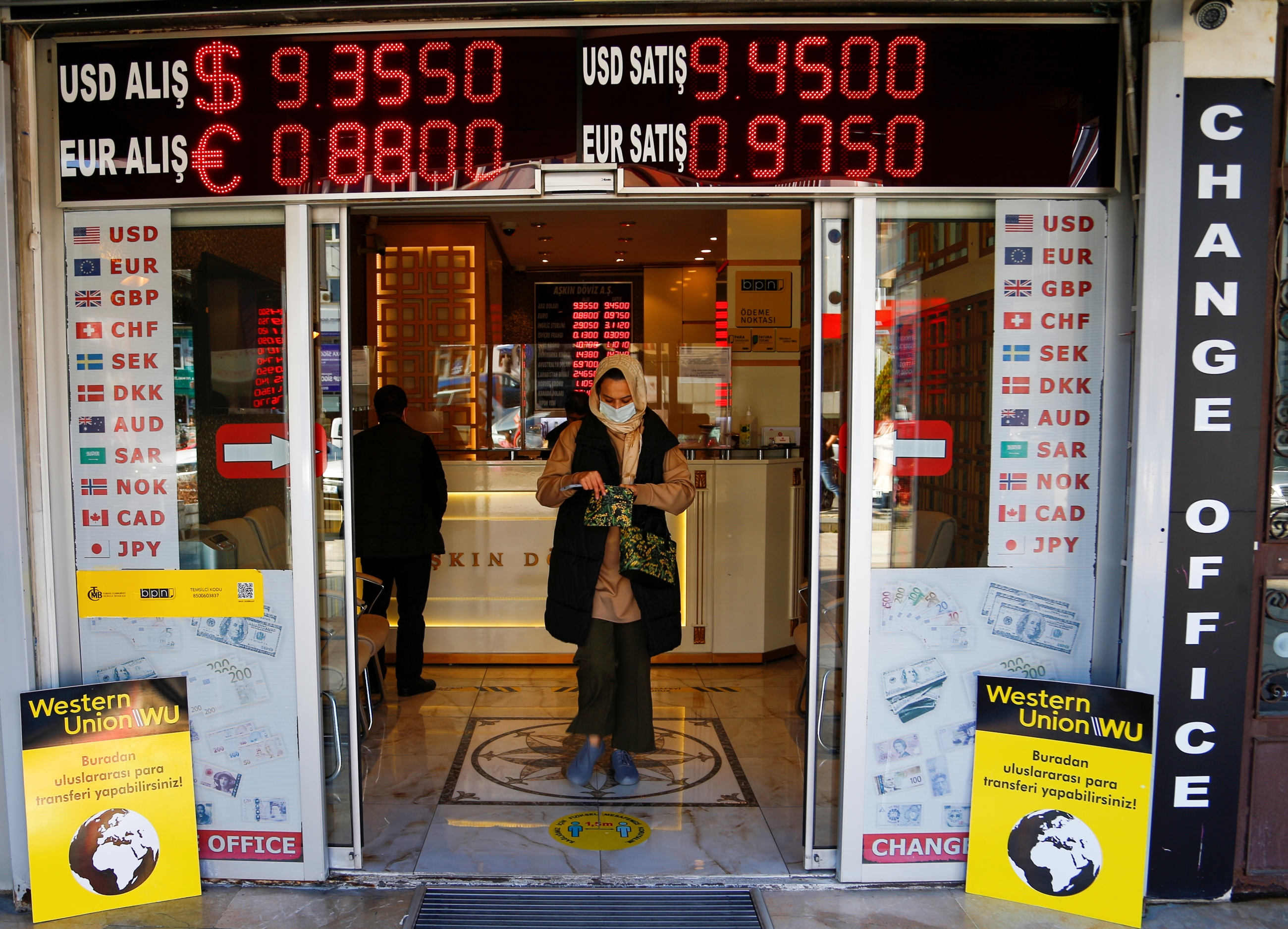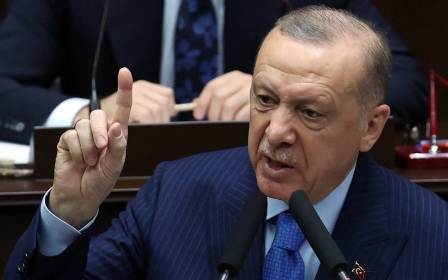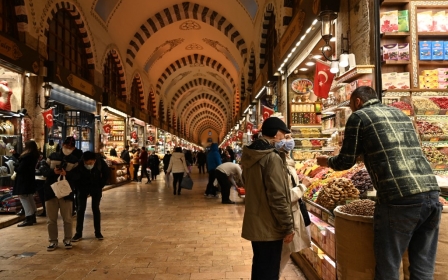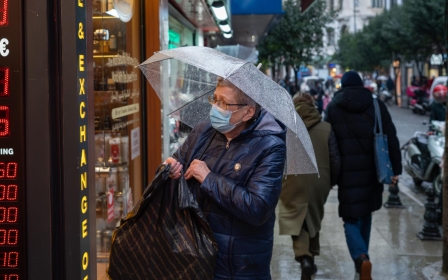Turkey’s inflation hits record level amid currency crisis

Turkeys annual inflation rate hit its highest level since 2002 in December, as the country continues to grapple with a currency crisis.
Figures released by Turkey’s Office for National Statistics showed that inflation surged to a high of 36.1 percent last month, up from 21.3 per cent in November.
The high inflation rate means prices for goods have also increased with the poorest in Turkish society unable to afford basic items.
The figure stands at its highest since 2002 when inflation reached 33.45 percent before President Recep Tayyip Erdogan’s AK party came to power.
The latest figures come as Turkey deals with a currency crisis where the Turkish lira lost 44 percent of its value to the dollar in the last year.
Earnings in Turkey have also eroded in recent months due to the crash in the lira.
The currency rebounded from an all-time low of 18.4 versus the dollar last week after the introduction of a state scheme to protect local deposits from depreciation losses versus hard currencies.
Latest figures showed the lira at 13.92 against the dollar.
Soaring prices
The lira crisis was triggered by the central bank's aggressive interest rate cuts. Since August, the bank has cut its policy rate by 500 basis points, from 19 percent to 14 percent. Meanwhile, exports jumped 33 percent in November, reaching $21.5bn, while the current account posted a $3.16bn surplus for October.
Unemployment has also decreased by about two percentage points, from 13.1 percent to 11.2 percent in October year-on-year. GDP grew by seven percent in the third quarter of 2021.
However, the government's economic policy continues to be very unpopular with investors as inflation rises, with expectations that this may hit 26 percent annually this year. Goldman Sachs said it expects inflation to reach as high as 40 percent by mid-2022.
Experts have also warned that the lira's depreciation puts a huge burden on the average Turkish citizen, who is now struggling to make ends meet amid soaring prices.
Bread prices have shot up by 25 percent in the past month alone, creating long lines of people outside subsidised bakeries owned by local municipalities.
Flour prices have jumped by 300 percent in a year, while other basic items such as milk and cheese have seen a 47 percent price rise due to increasing costs.
Middle East Eye delivers independent and unrivalled coverage and analysis of the Middle East, North Africa and beyond. To learn more about republishing this content and the associated fees, please fill out this form. More about MEE can be found here.




